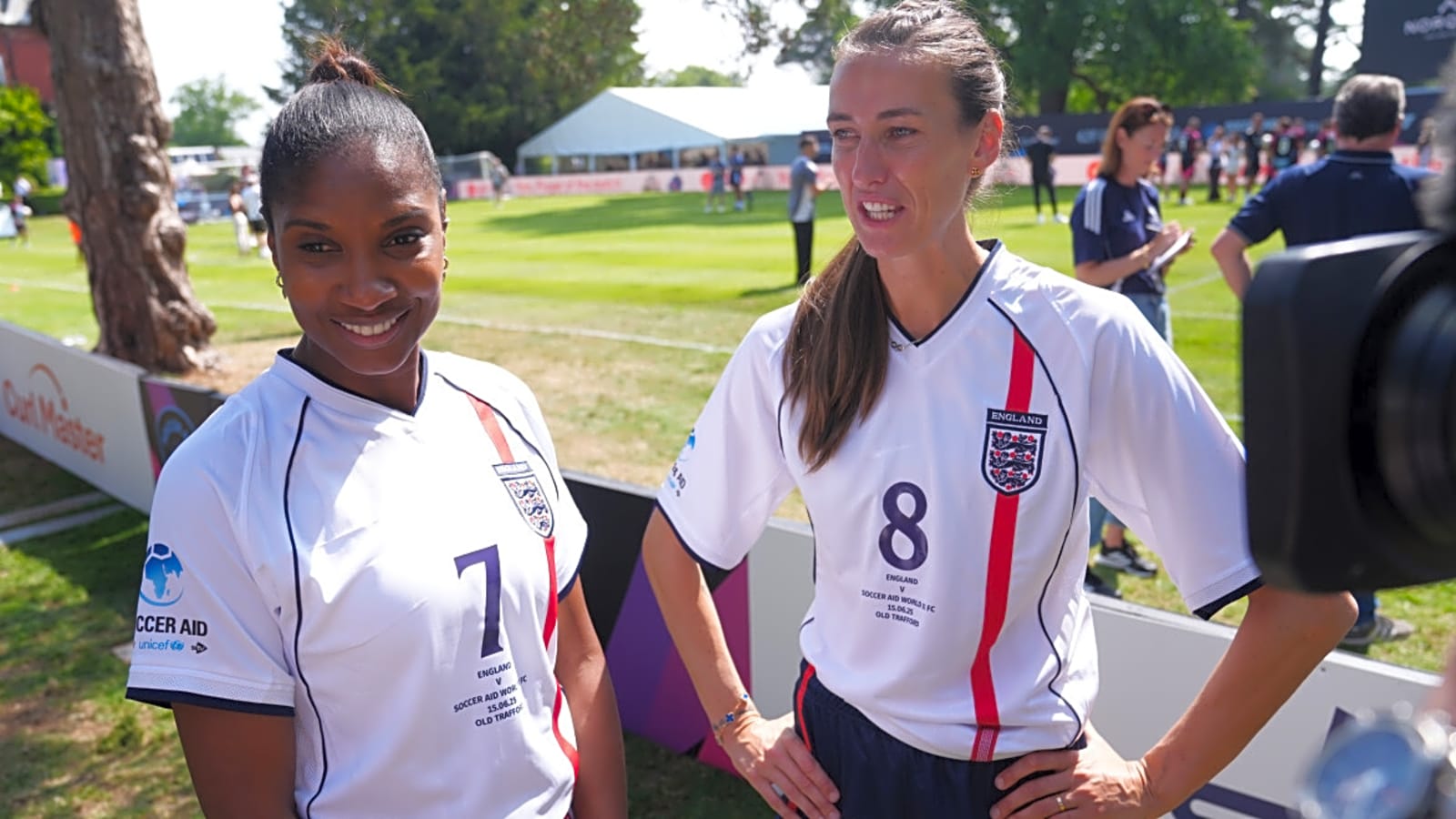
Women's football is sprinting toward greatness and is poised to claim a spot among the world’s top five sports by 2030, according to Nielsen Sports. It’s a sport long overlooked, now flirting with the future and kicking its way into the spotlight.
Neilson predict a 38% surge in its global fan base, reaching over 800 million fans. This explosive growth signals a seismic shift in sports culture, as the womens' game grows exponentially.
The report states that major tournaments are fueling this fire. In Switzerland, fan interest spiked 22% in 2024 ahead of the UEFA Women’s Euro. The UK saw a 15% jump in fandom after England’s 2022 Euro triumph, per Sky Sports.
In America, the National Women’s Soccer League (NWSL) is riding high. Viewership climbed 18% year-on-year, with fans glued to screens for every goal, as reported by Forbes. This surge reflects a growing appetite for women’s sports in the US.
Participation is skyrocketing, too. China leads with a jaw-dropping 300% increase in players since 2019, according to FIFA data. France follows with a 150% rise, while Spain and the Netherlands report 95% and 25% growth, respectively, according to UEFA.
Next: Forget Fair Play Saudi Billions Are Rewriting Soccer’s Future
The UK isn’t far behind, with a 24% uptick in participation since 2019. Grassroots programs and increased visibility are driving young female athletes to lace up. This momentum shows no signs of slowing.
What’s behind this global frenzy? High-profile events like the FIFA Women’s World Cup and UEFA Women’s Euro are magnets for new fans. Social media amplifies highlights, drawing in younger audiences.
Investment is another game-changer. Leagues are pouring millions into infrastructure, $100 million in the NWSL alone last year. Better facilities and coaching are elevating the game’s quality and appeal.
Cultural shifts are also at play. Women’s football is shattering stereotypes, inspiring millions to cheer and play. The sport’s inclusivity resonates, especially with 60% of fans projected to be female by 2030 Nielsen says.
Challenges remain, though. Funding gaps and media coverage still lag behind men’s sports, UEFA reports. Yet, the trajectory is clear: women’s football is no longer a niche, it is now a global powerhouse.
This isn’t just a trend, or a passing fad, it’s a global flirtation with football’s future and women are leading the charge.
More must-reads:
- Four teams that can challenge Panthers for 2026 Stanley Cup
- Connor McDavid worries Oilers fans with comment about his future
- The 'Most goals in a Stanley Cup Playoffs' quiz
Breaking News
Trending News
Customize Your Newsletter
 +
+
Get the latest news and rumors, customized to your favorite sports and teams. Emailed daily. Always free!








